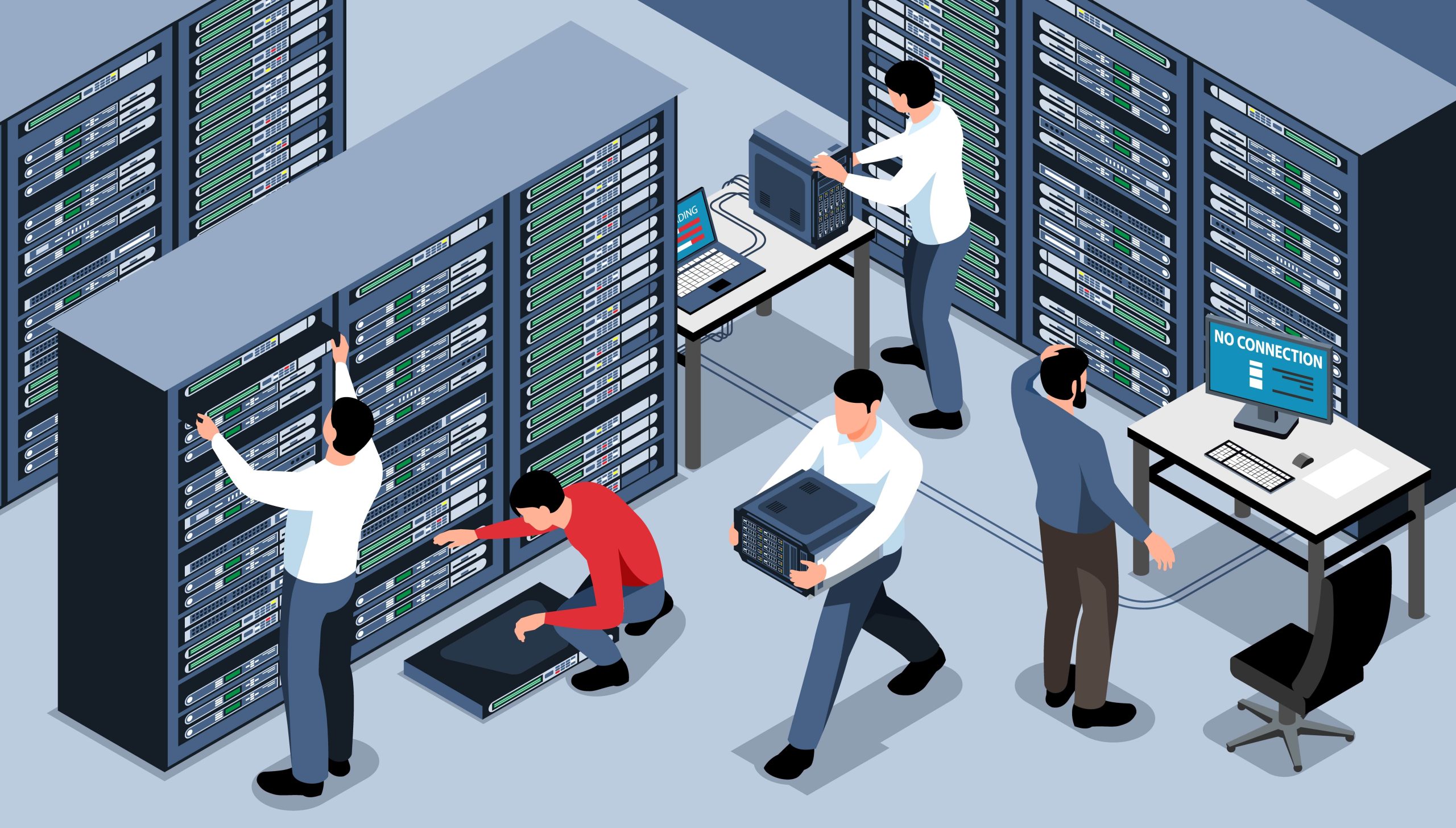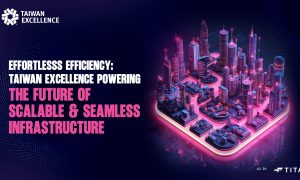As a cost center, information technology has always been reviled and reduced. Initially, businesses employed information technology to handle everything they acquired, resulting in a department that expanded recklessly and had many inefficiencies. When faced with rationalizing and harmonizing their IT assets, most IT departments overcompensated by trying to limit what the lines of business were allowed to accomplish. This resulted in a contentious relationship between IT and the business across many companies.
Switching to IT as a Service from the operational model is a better strategy (ITaaS). In other words, it means to let IT work as a business by offering services to people who are a part of the organization. An unmanageable collection of technologies can be condensed into a set of services that company staff can employ by adopting IT.
Since ITaaS is not a fully new concept, till now, it has not got the vision of what it should be. It is an execution of a data center that is customer-oriented. The previous version did not emphasize the customer. It focused on automatically solving a problem more or less associated with what the customer needed.
Also, the previous version generally provided “raw” IT assets rather than curated solutions. Do you want to create an application? The development of DNS records and load balancer entries for the following servers is needed in the following proposed changes.
A customer-centric IT model knows that IT works best as a company oriented to fulfilling the demands of its clients in terms of technology. Rather than striving to find answers for technological issues, it has as its foremost charter solving problems for folks.
Novel Data Centres Are Being Constructed at a Rapidly Growing Rate
There has been a great surge recently in data center construction fuelled by a massive progression in e-commerce. As per a data center report, about 95 percent of real estate and infrastructure consultant professionals anticipated a high construction necessity in 2022. Data center facilities are expanding in large numbers in various places, such as Austin, Phoenix, and Dallas.
By 2027, the market for constructing data centers will grow by 5.9 percent. Big businesses like Microsoft, Facebook, Google, Oracle, Amazon Web Services, and Apple are accountable for the rise in construction. They are engaged in the development and running of these data centers.
Top In-Demand Skills for Future Data Centers
The modern data center is constantly changing to accommodate various workload types. Operating complex workloads at scale and speed is essential in the emerging IT environment as businesses experience growth. The demand for fresh skill sets to achieve the objectives may need a full redesign of the data center architecture or adding new capabilities to the current architecture.
Administrators of data centers are now accountable for more than just maintenance, 24/7 availability, and site monitoring. A new wave of digitalization has been ignited by using cloud services and 5G networks, and new skill sets must become advanced. Organizations will view data centers inversely because of the requirement to adopt developing technologies such as artificial intelligence, the Internet of Things, and intelligent data analytics. In addition, businesses’ evolving usage of cloud computing and as-a-service models demands developing dedicated software skills. Below we have emphasized the new skills required for the data center of the future:
Cloud Configuration Management
1. Cloud Architect
As the cloud is always changing, there will be a great necessity for people with experience in cloud architecture who have the necessary skills for organizing, designing, creating, and transferring applications to the cloud. Also, cloud architects have expertise in software development, databases, DevOps, networking, business security, and third-party integration.
2. Edge Computing
As the world becomes increasingly connected, billions of devices will be linked to the Internet, pushing Edge Computing and intelligence to the edge. This will lead to a revision of network infrastructures and data management processes.
Since edge computing mixes various functions, data center administrators will search for experts who have a mixture of distinct skills like networking, database modeling, security, and system design.
3. Security
An essential skill set is certain to remain in demand. Data centers perpetually require the help of highly skilled security experts to protect themselves actively from attacks.
4. Artificial Intelligence
By 2020, more than 30% of data centers that do not help prepare for AI would no longer be logistically or economically beneficial, per Gartner. Having considered this fact, data center managers should have workers with experience using AI to increase efficiency.
Conclusion
There are various data centers whose locations have been a secret owing to the high level of security around the servers at some of them. Location data may be utilized as a weapon by these centers.





































































